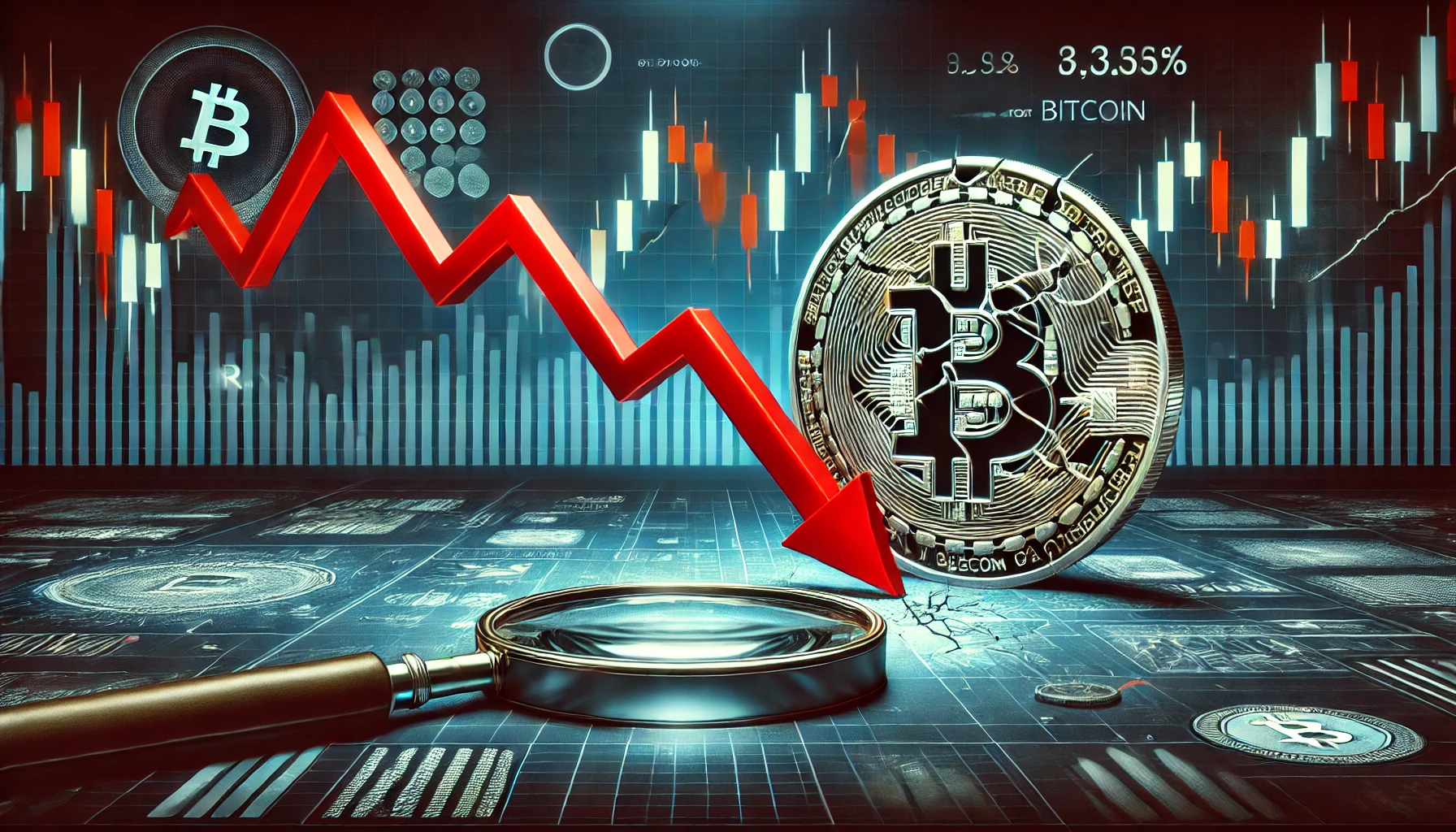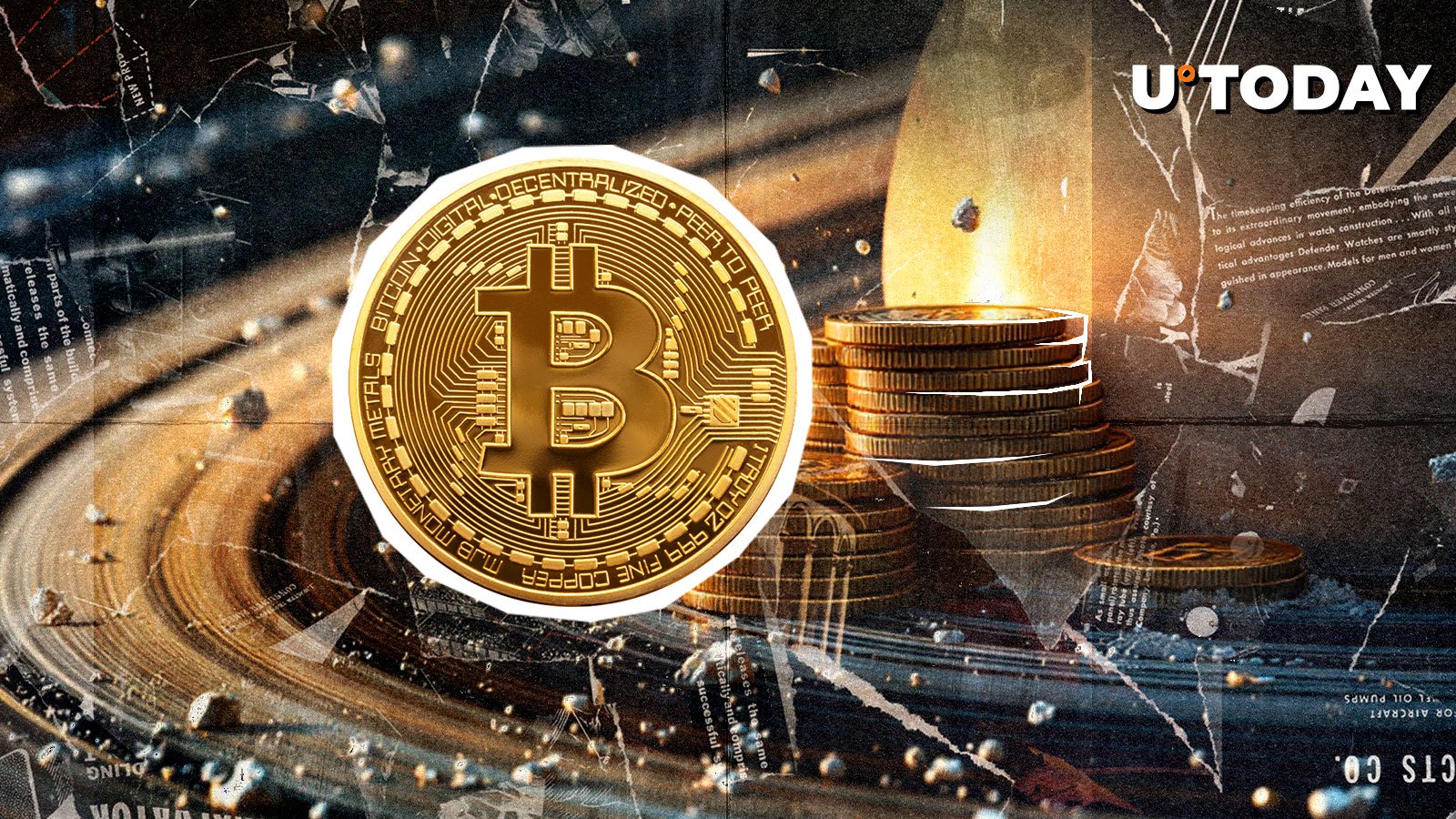The Dollar’s Contradictions: Bitcoin as a Potential Successor
In the ever-evolving world of finance, the dominance of traditional currencies like the US dollar is being challenged by a digital upstart: Bitcoin. The CEO of BlackRock, the world’s largest asset manager, Larry Fink, has issued a stark warning. In his annual letter to shareholders, Fink stated, “I believe we are at the early stages of a significant secular investment,” referring to Bitcoin and other cryptocurrencies.
The Dollar’s Weakening Grip
The US dollar has long held the position of the world’s benchmark currency. Its status is underpinned by the country’s economic power, political stability, and the role of the Federal Reserve as the world’s central bank. However, the dollar’s position is not without contradictions.
The US federal debt is at an all-time high, and the federal deficit continues to grow. The US dollar’s value is also influenced by the country’s political climate and geopolitical tensions. These factors, among others, have led some investors to seek alternatives to the US dollar.
Bitcoin: A Digital Alternative
Bitcoin, on the other hand, offers some unique advantages. It is decentralized, meaning it is not controlled by any government or institution. Transactions are secure, private, and almost instantaneous. Its supply is capped at 21 million, making it a finite resource. These features make Bitcoin an attractive alternative to traditional currencies.
Impact on Individuals
For individuals, the shift from the US dollar to Bitcoin could have significant implications. Bitcoin’s decentralized nature makes it less susceptible to government interference and inflation. This could lead to increased financial privacy and stability for those who choose to hold Bitcoin. However, it also comes with risks. Bitcoin’s value is volatile, and there is a lack of regulation and consumer protection in the cryptocurrency market.
- Increased financial privacy and stability
- Volatility and lack of regulation
Impact on the World
At a global level, the rise of Bitcoin could lead to a shift in the balance of power away from traditional financial institutions and governments. It could lead to increased financial inclusion, as individuals in underbanked regions could use Bitcoin to access financial services. However, it could also lead to increased financial instability, as the value of Bitcoin is not tied to any physical asset or economic fundamentals.
- Shift in balance of power
- Financial inclusion
- Financial instability
Conclusion
The warning from Larry Fink that Bitcoin could supplant the US dollar as the world’s benchmark currency is a stark reminder of the contradictions that underpin the US dollar’s position. While the US dollar’s dominance is not under immediate threat, the rise of Bitcoin and other cryptocurrencies is a trend that cannot be ignored. Individuals and institutions must be prepared for the implications of this shift, both in terms of opportunities and risks.
As we move into an increasingly digital and decentralized world, it is important to stay informed and adapt to the changing financial landscape. Whether you are an individual investor or a global institution, the rise of Bitcoin and other cryptocurrencies is a trend that cannot be ignored.





